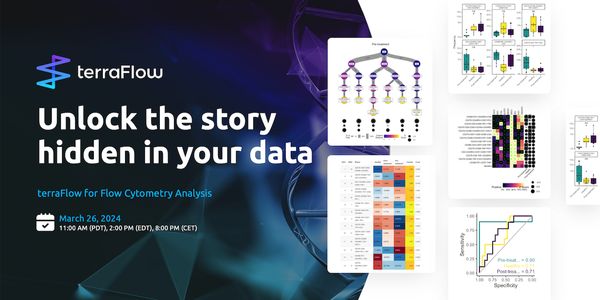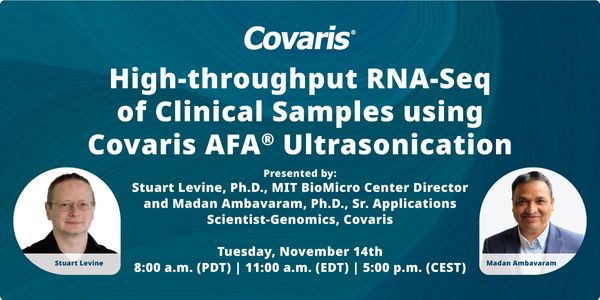Panel Discussion: Meeting the Demand of Increased NGS Capacity with Automated TruSeq Stranded mRNA Library Preparation
-
Alisa Jackson, Zach Smith, Mary Blair, Dave Delano
Alisa Jackson, Moderator, Beckman Coulter, Inc. Zach Smith, MS, Project Scientist, The Center for Genomics and Bioinformatics, Indiana University Mary Blair, Senior Application Scientist,BIOGRAPHY
RNASeq has become the primary method for studying changes in gene expression in modern genomics research. By directly sequencing the various types of RNA molecules, including mRNA, ncRNA, and small RNA, researchers can build an accurate profile of gene expression under various conditions, allowing the elucidation of gene function and regulation. RNASeq has been further refined recently with the development of stranded RNASeq, which modifies the existing RNASeq library construction methodology to preserve information regarding which DNA strand the RNA transcript originated from. Among other advantages, stranded RNASeq allows for more accurate mapping of RNASeq transcripts to reference genomes, which in turn results in a more accurate view of the transcriptome. Increasingly, researchers are designing more complex experiments involving population level transcriptomic surveys and time course studies, both of which require high throughput RNASeq library construction methods that consistently generate high quality RNASeq libraries. In response, we developed an automated RNASeq library construction method using the Beckman Coulter Biomek FXP liquid handling system in conjunction with TruSeq Stranded mRNA library preparation chemistry from Illumina. By combining Illumina's proven chemistry with the highly efficient Biomek FXP liquid handling system, we have developed a flexible library construction protocol that allows for the creation of up to 96 individually indexed Illumina stranded mRNA libraries by a single technician over the course of approximately 8.5 hours of machine time.
Panel Discussion: Meeting the Demand of Increased NGS Capacity with Automated TruSeq Stranded mRNA Library Preparation
Please update your information
Certificate of Attendance
DOWNLOAD CERTIFICATE
Finish Registering
-
APR 17, 2024Cannabis Sciences Virtual Event Series 2024
-
APR 30, 2024Immuno-Oncology Virtual Event Series 2024
-
MAY 07, 20243rd International Biosecurity Virtual Symposium
- See More
-
APR 15, 2024
-
APR 15, 2024
- See More












































